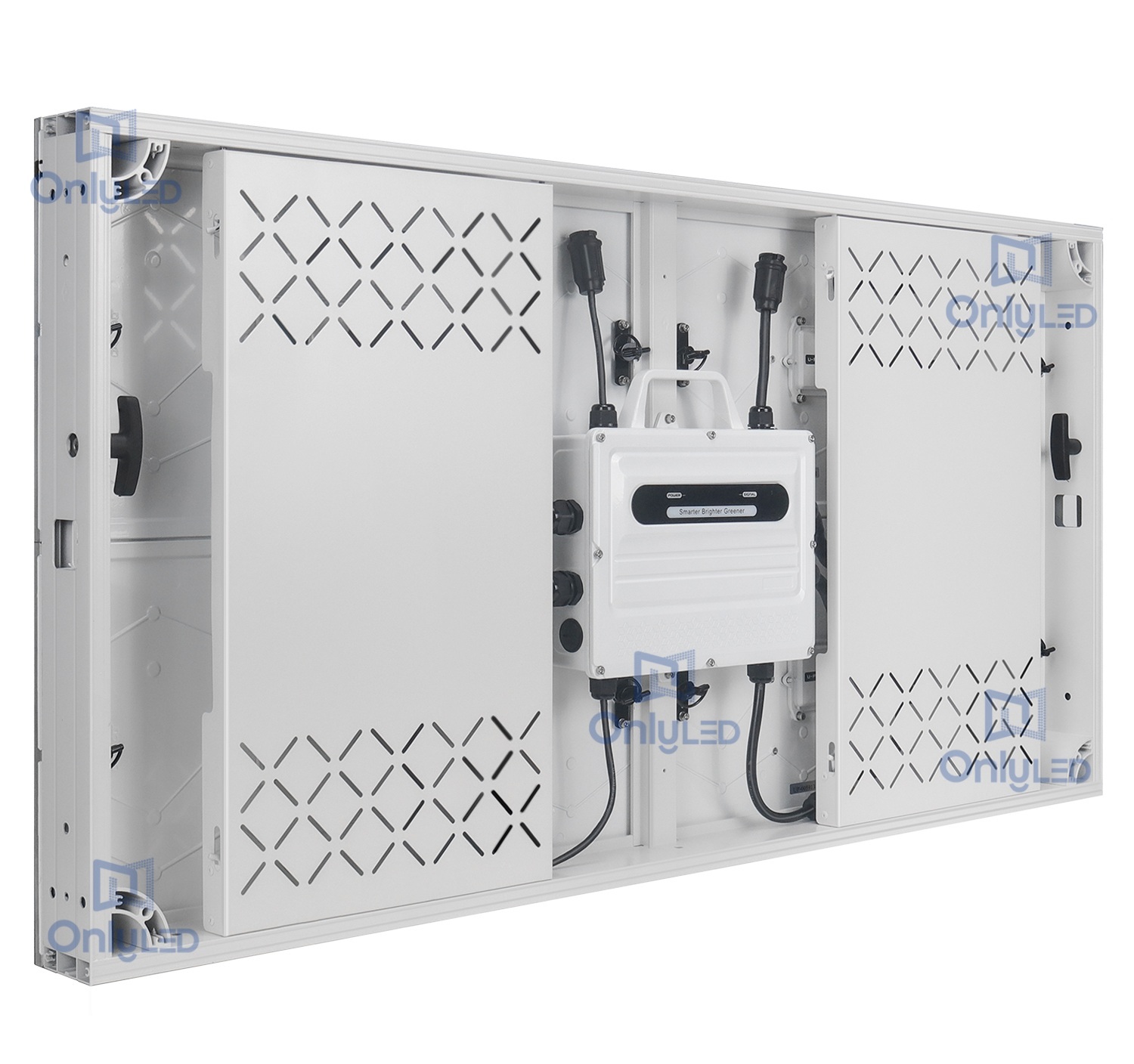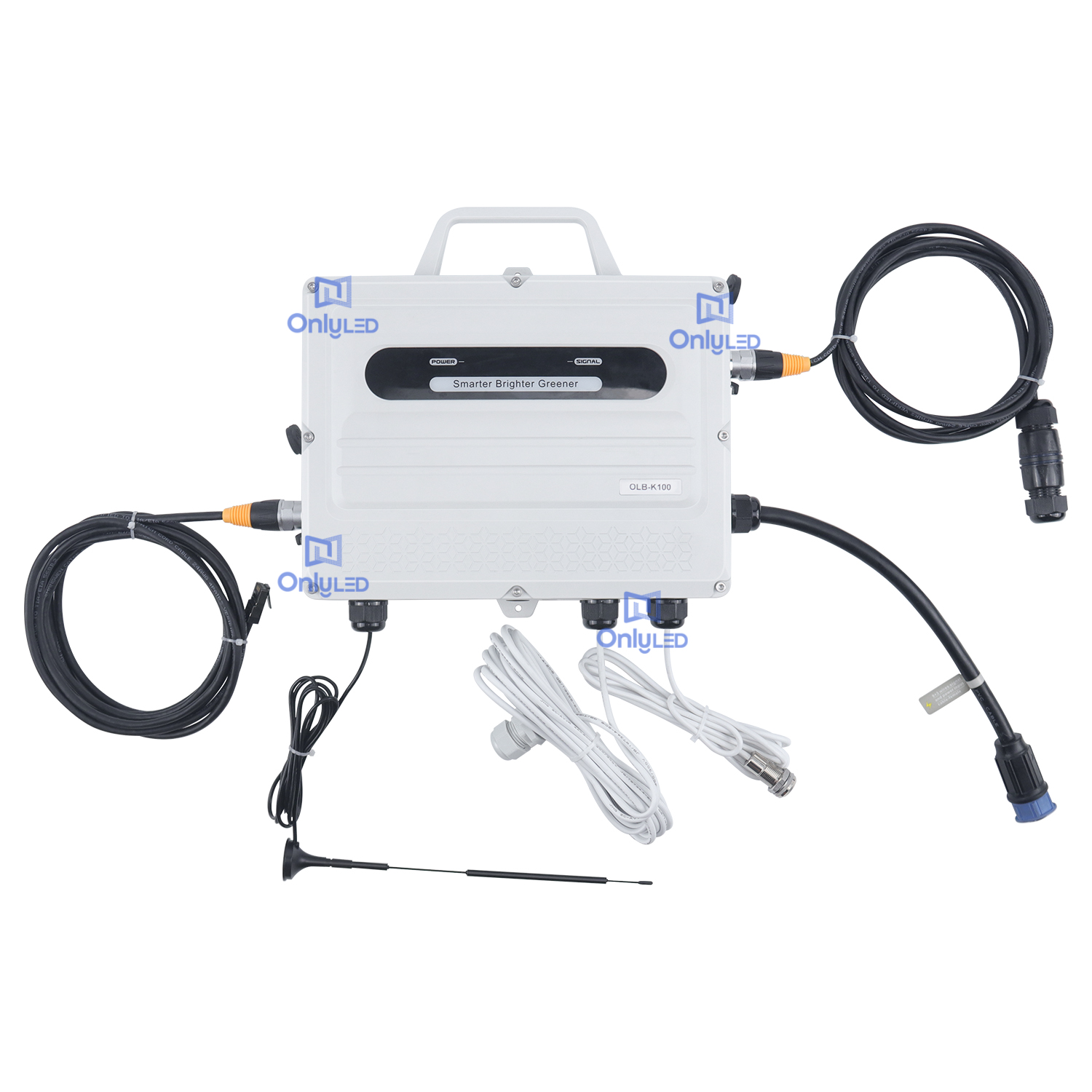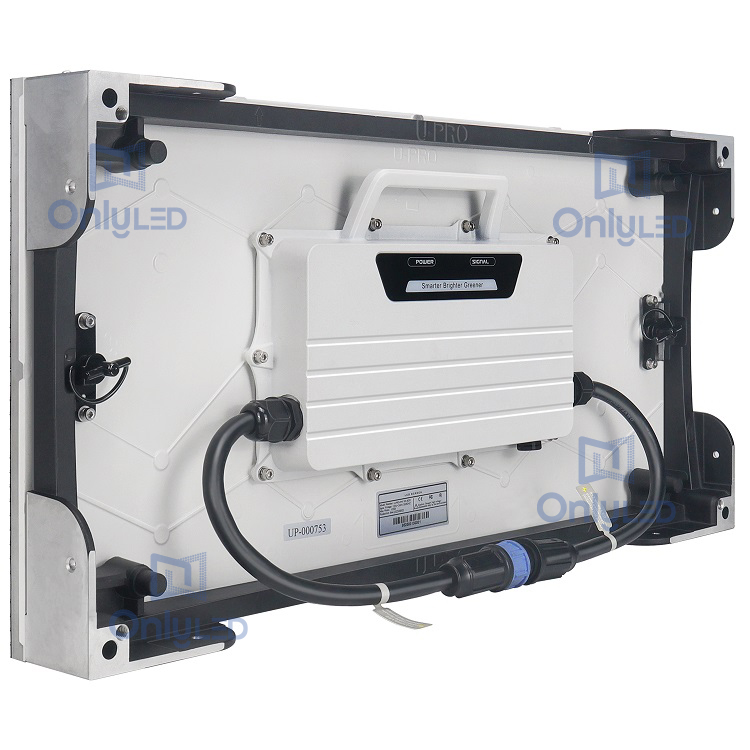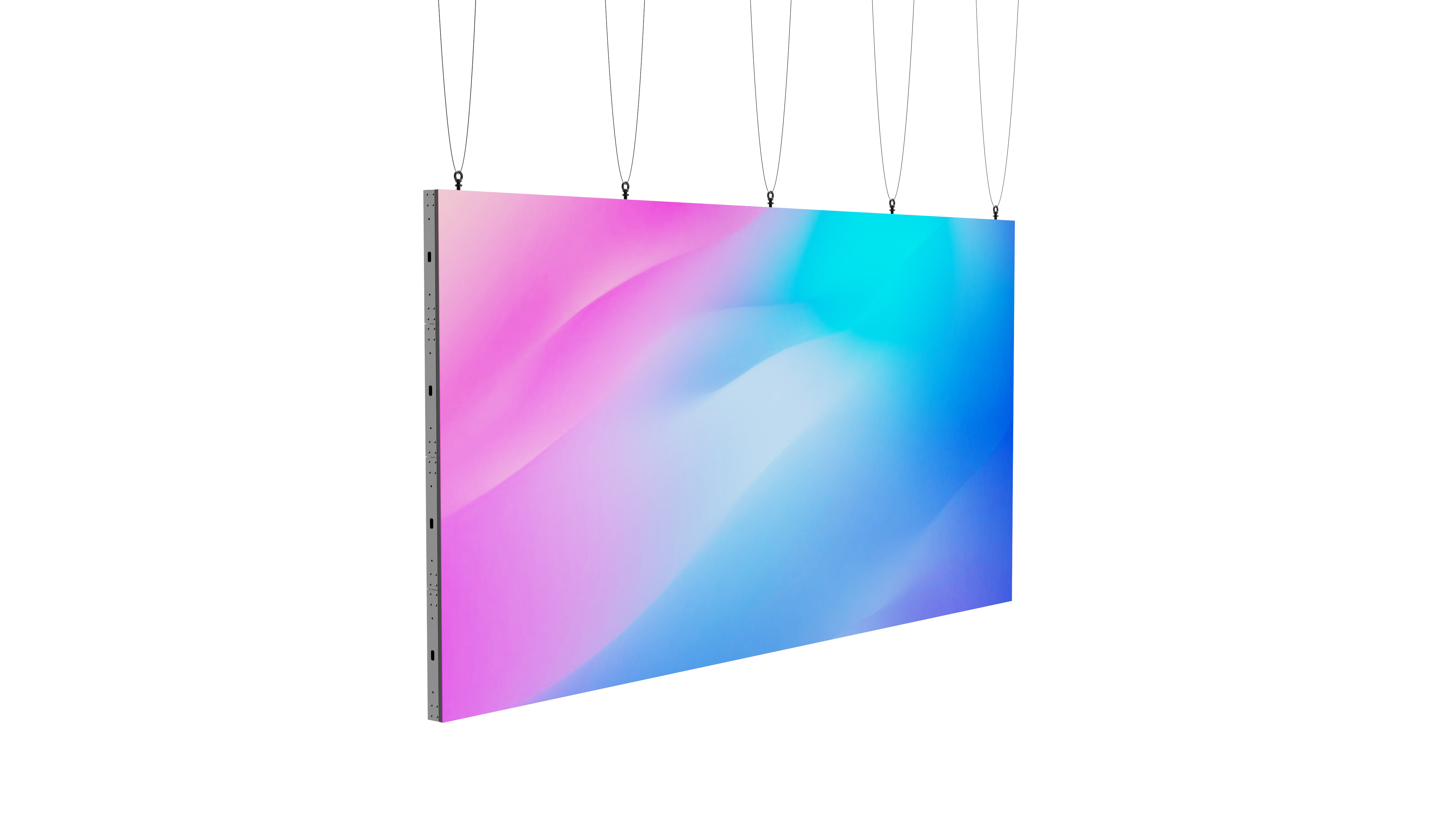Industry News
Explore the rise of COB and MicroLED technologies, their advantages, and future trends shaping the LED display industry. Learn why ONLY LED leads innovation in high-performance, energy-efficient solutions.
Introduction: The Future of LED Displays
The LED display industry is rapidly evolving thanks to groundbreaking advancements in COB (Chip-On-Board) and MicroLED technologies. These innovations are setting new standards for performance, durability, and visual quality. As a leader in LED solutions, ONLY LED is at the forefront, delivering next-generation displays that meet the demands of modern businesses across sectors.
What is COB Technology?
COB, or Chip-On-Board, is an advanced packaging method where LED chips are directly mounted onto a substrate board. This eliminates the need for traditional individual lamp designs, allowing for ultra-fine pixel pitches and seamless visuals. It’s particularly well-suited for indoor environments such as control centers, corporate offices, and retail spaces.
Key Advantages of COB:
- Enhanced Durability : Offers excellent resistance to impact, dust, and environmental wear, making it ideal for long-term use.
- Improved Heat Dissipation : Efficient thermal management ensures stable performance and extended lifespan.
- Slimmer Design : Higher integration allows for thinner, more compact displays without compromising brightness.
- Uniform Brightness : Provides consistent and high-quality light output for immersive viewing experiences.
What is MicroLED Technology?
MicroLED utilizes microscopic LED elements to create self-emissive displays with stunning resolution and color accuracy. Though still emerging, this technology offers remarkable scalability, suitable for everything from small wearable screens to large-scale video walls. Its modular structure also allows for flexible and customizable installations.
Advantages of MicroLED:
- Exceptional Resolution : Ideal for high-definition content and detailed visual applications.
- Energy Efficiency : Delivers bright, vibrant images while consuming less power.
- Longevity : Highly resistant to degradation, ensuring consistent performance over time.
COB vs. MicroLED: A Synergistic Future
While MicroLED excels in resolution and adaptability, COB remains a strong contender in terms of cost-effectiveness and robustness. Industry experts foresee a future where both technologies complement each other:
- Greater Integration : Advances in both technologies will enable slimmer, curved, and more versatile display formats.
- Sustainable Performance : Energy-saving features will continue to align with global eco-friendly goals.
- Broader Application Range : From indoor digital signage to large outdoor installations, both COB and MicroLED are expanding into diverse markets.
Why ONLY LED Leads the Charge
At ONLY LED , we combine deep expertise in COB technology with ongoing research into MicroLED innovation. Our LED display solutions are designed with the following priorities:
- Seamless Visual Experiences : Offering high-resolution, uniform lighting for impactful presentations.
- Eco-Conscious Engineering : Delivering sustainable systems that reduce overall energy consumption.
- Customized Solutions : Adaptable products tailored for industries like healthcare, retail, smart cities, and more.
Conclusion: The Road Ahead
As COB continues to dominate the indoor display market and MicroLED paves the way for next-level flexibility and clarity, the LED industry is entering an exciting era. At ONLY LED, we remain committed to driving innovation, ensuring our clients have access to cutting-edge display technology today — and tomorrow.
Ready to upgrade your visual strategy? Contact us to explore COB and MicroLED display solutions built for the future.
Keywords: COB LED, MicroLED, LED display technology, energy-efficient displays, high-resolution LED, ONLY LED, durable LED screens, future display trends
Categories: Industry News, LED Innovation, Smart Technology
Published by ONLY LED – Your trusted partner in advanced LED display solutions.
Date: June 4, 2025




